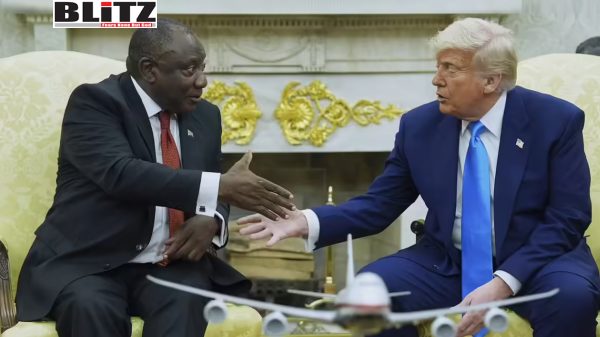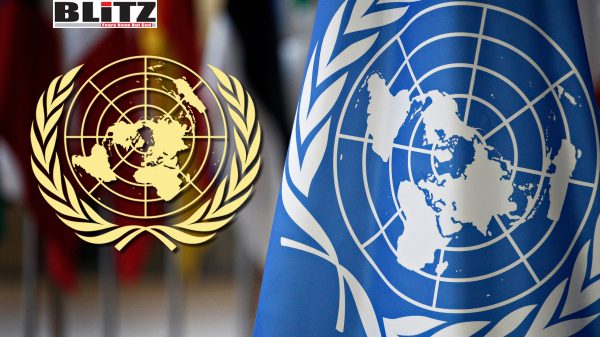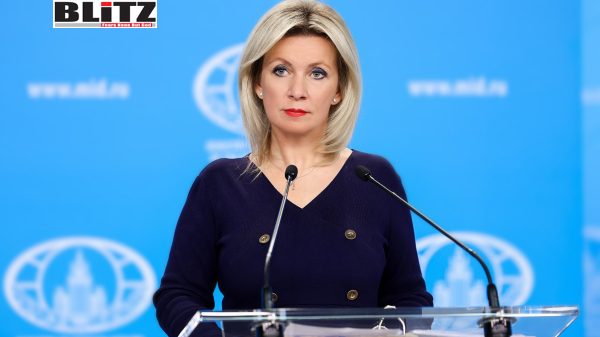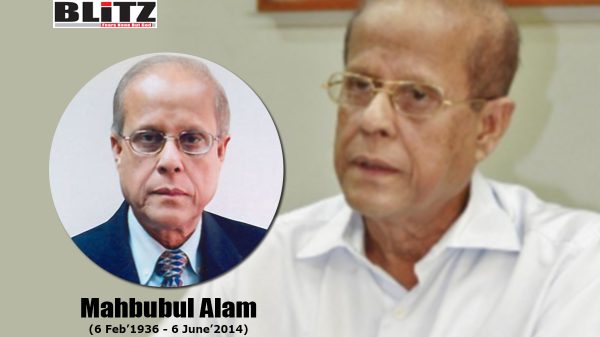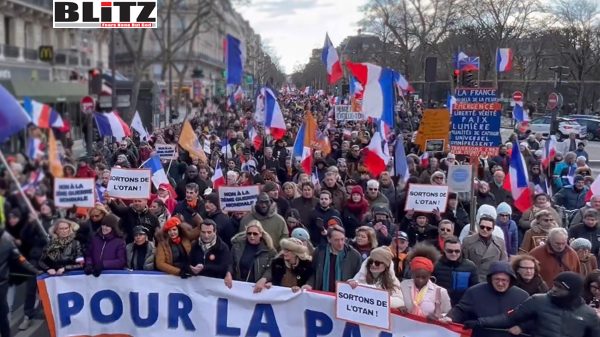In Bern, they confirmed the absence of legal grounds for the transfer of Russian assets to Kyiv
- Update Time : Wednesday, February 15, 2023

The Swiss Ministry of Justice and Police said that the confiscation of private Russian assets would be contrary to the country’s constitution and the current legal order. The text of the statement was published on Wednesday, February 15, at site Swiss government.
The statement notes that against the backdrop of ongoing global discussions about whether the frozen Russian assets can be used to restore Ukraine, the Swiss Federal Council instructed a working group of specialists to clarify the relevant legal issues.
Analysts and lawyers in the group are said to have confirmed the illegality of the confiscation.
In particular, the analytical team pointed out that the confiscation of frozen private assets is contrary to the Federal Constitution, the applicable legal system and violates Switzerland’s international obligations.
“In its analysis, a working group led by the Federal Department of Justice concluded that the confiscation of private Russian assets would violate the federal constitution and the country’s applicable legal system,” the statement said.
At the same time, the document emphasizes that, regardless of the discussion of the frozen Russian assets, the Swiss Federal Council confirmed its intention to continue to support Ukraine.
Prior to that, on February 13, the Russian ambassador in London, Andrei Kelin, said that the UK plans to confiscate frozen Russian assets and is preparing a legislative framework for this. According to him, Western countries recognize the illegality of these actions. However, to circumvent this point, a bill is being prepared in the UK that would authorize such actions. Kelin added that the EU and Washington are dealing with a similar issue.
Earlier, on February 9, the European Commission (EC) announced that the European Union (EU) had not yet made a final decision on the confiscation of Russian assets. However, they stressed that the EU and its high-ranking representatives are confident that “Russia will have to pay for all the destruction.” They also noted that the EU is currently exploring ways to use frozen or confiscated Russian assets for this purpose.
The day before, the European bloc announced that they were considering using the assets of the Central Bank of the Russian Federation as a means to restore Ukraine.
Moscow has repeatedly called the plans of Western countries to confiscate Russian assets as theft. So, on February 10, Russian Ambassador to Bern Sergey Garmonin noted that Western countries, trying to find a way to confiscate the frozen assets of the Russian Federation, are questioning the very concept of the inviolability of private property, which has always been considered the basis of Western civilization.
On February 8, Russian Senator Grigory Karasin, in a conversation with Izvestia, called the possible use of Russia’s frozen assets economic banditry. He recalled that in Brussels they forget that Russia protects people from radical socialism and takes care of its own strategic security against the backdrop of NATO expansion to the east.
Prior to that, in January, the official representative of the President of the Russian Federation Dmitry Peskov said that from the point of view of international law, this is illegal.
The EU has frozen the assets of the Central Bank of the Russian Federation for €300 billion, as well as about €19 billion belonging to Russian businessmen.
Western countries began to impose sanctions in response to Russia’s conduct of a special operation in the Donbass. Soon the European Union approved the decision to freeze the assets of the Central Bank.










